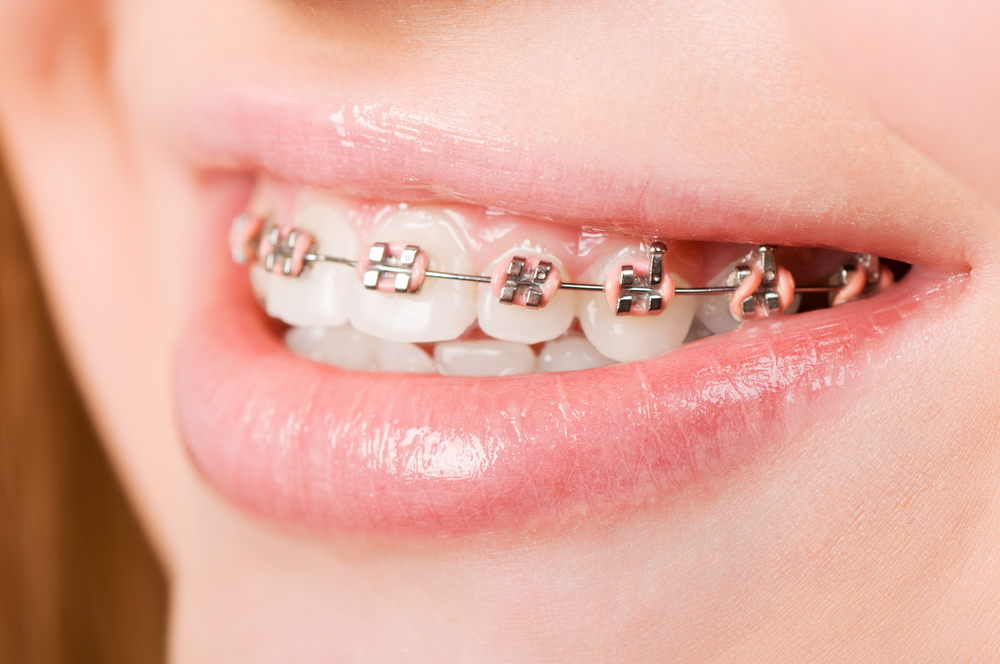 On Thursday, we celebrate one of the favorite holidays for children: Halloween. Between trick-or-treating, classroom parties, and city-wide fall festivals, children are given access to an exorbitant amount of sugary sweets to eat over the course of the next few months. Parents know that eating assorted candies can be detrimental to oral health, as sugar damages teeth by causing cavities. Halloween is the perfect opportunity for parents to help their children learn healthy dental habits. Dr. Pate offers these practical tips for keeping your children’s mouths healthy on Halloween and year-round.
On Thursday, we celebrate one of the favorite holidays for children: Halloween. Between trick-or-treating, classroom parties, and city-wide fall festivals, children are given access to an exorbitant amount of sugary sweets to eat over the course of the next few months. Parents know that eating assorted candies can be detrimental to oral health, as sugar damages teeth by causing cavities. Halloween is the perfect opportunity for parents to help their children learn healthy dental habits. Dr. Pate offers these practical tips for keeping your children’s mouths healthy on Halloween and year-round.
1. Teach Moderation
Deprivation makes candy seem more irresistible to children, which can encourage them to sneak candy later. On Halloween, allow your child to choose 5-10 small pieces of his favorite candy, and store the rest. Then, you can easily monitor the amount of candy your child eats in the weeks following. (more…)

 For many people, the first thought that October brings to mind is Halloween and the hordes of candy that will inevitably assault their oral health. However, there is another reason to celebrate October as the American Dental Hygienists’ Association (ADHA) marks National Dental Hygiene Month. Since most of us have been instructed to care for our teeth since childhood,
For many people, the first thought that October brings to mind is Halloween and the hordes of candy that will inevitably assault their oral health. However, there is another reason to celebrate October as the American Dental Hygienists’ Association (ADHA) marks National Dental Hygiene Month. Since most of us have been instructed to care for our teeth since childhood,  Approximately 30-50% of teens in the US consume energy drinks in an effort to improve their athletic prowess, sharpen their concentration, or just obtain a boost of energy to make it through the rest of the day. 62% of American teens consume sports drinks at least once a day. The general belief is that a sports drink, or even an energy drink, is better for you than a sugary alternative, such as juice or soda. Atlanta dentist
Approximately 30-50% of teens in the US consume energy drinks in an effort to improve their athletic prowess, sharpen their concentration, or just obtain a boost of energy to make it through the rest of the day. 62% of American teens consume sports drinks at least once a day. The general belief is that a sports drink, or even an energy drink, is better for you than a sugary alternative, such as juice or soda. Atlanta dentist  So you’ve discovered that your own little bundle of joy is on the way. Now that you are caring for yourself as well as your unborn child, you have additional responsibilities. One topic you may not consider in relation to your pregnancy is your oral health. Atlanta dentist
So you’ve discovered that your own little bundle of joy is on the way. Now that you are caring for yourself as well as your unborn child, you have additional responsibilities. One topic you may not consider in relation to your pregnancy is your oral health. Atlanta dentist 

